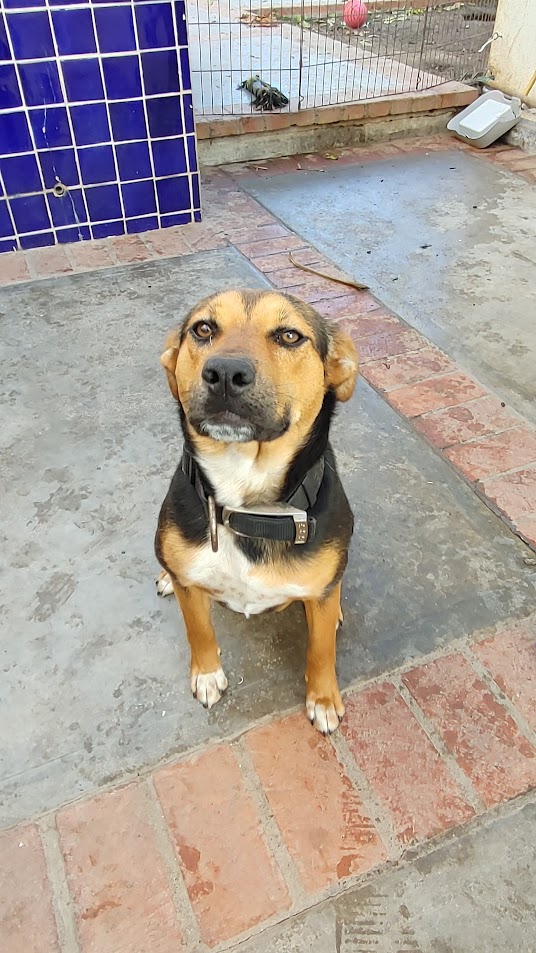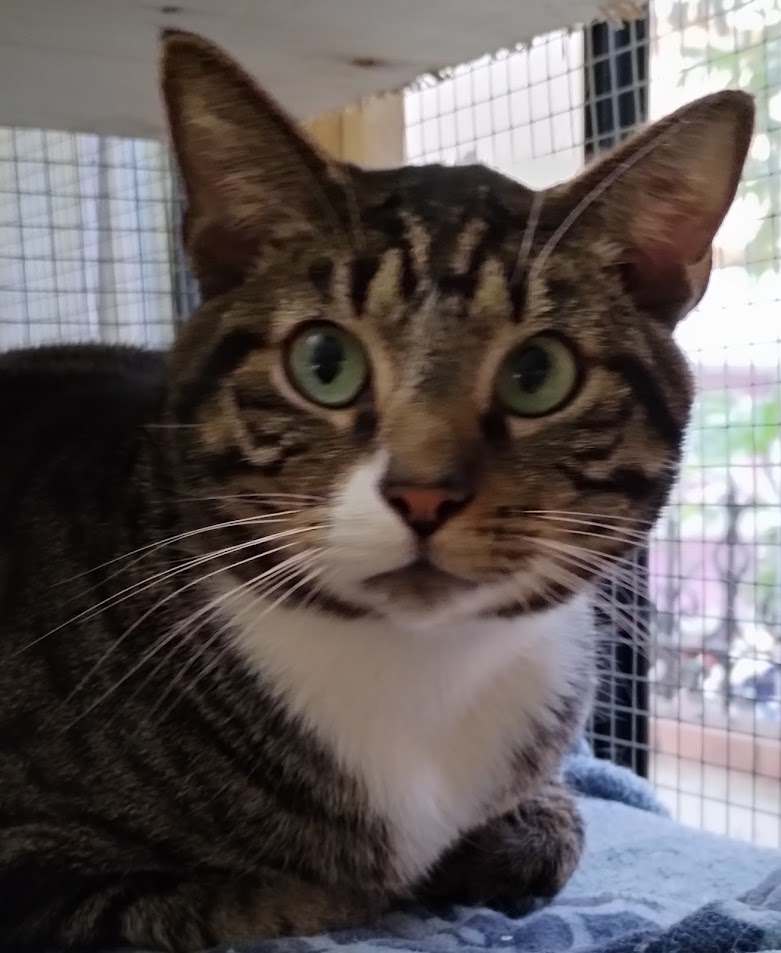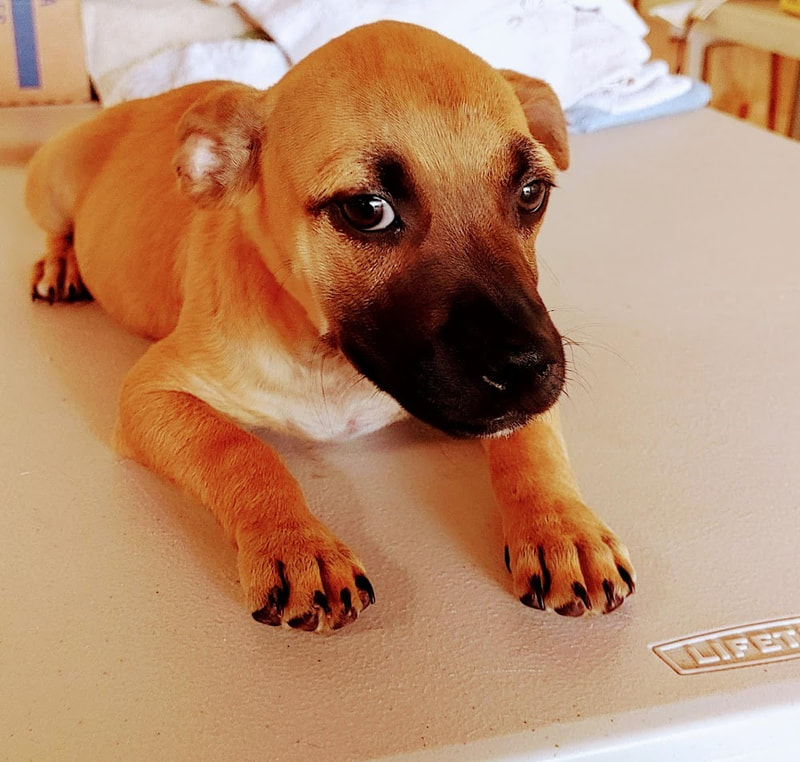10 things to know when welcoming your new friend into your Home and Heart!
1) Your new dog or cat will go through an adjustment period as he gets to know his new people, learns new rules and adjusts to a new environment. Most dogs and cats adjust within a few days, but others may take longer.
2) During this time, avoid forcing the dog to do anything stressful like taking a bath, obedience training classes, meeting too many strangers and/or dogs at once, etc.
3) Take things easy at first and give the dog or cat time to bond with them. Keep the home environment calm and quiet for the first couple of weeks. Some animals might not eat for the first day or two. Not to worry – they will eat when their ready.
4) Some animals temporarily forget their training. A well-housebroken dog may have an accident during the first day in his new home. This isn’t unusual and rarely happens more than once.
5) You may think about investing in a crate so that your new dog/cat has a safe place to go when unsupervised and/or when he starts to feel anxious.
6) Puppies and kittens may be a little depressed at first. For many of them this is their first time on their own, so everything is new and a bit overwhelming. Try to give lots, of love, praise and understanding.
7) Many of our animals come from situations involving extreme abuse and/or neglect. Try to avoid lots of noise, yelling, or rough housing. The first week in a new home is crucial in building an animals confidence in their new home and family.
8)Mild separation anxiety is natural at first. Try to reassure your new friend that you are always coming back by making short trips with lots of praise upon return. When leaving the space be very nonchalant. If its not a big deal to you, it won’t be a big deal to them.
9) Senior dogs especially will go through what we have dubbed a Second Puppyhood. They may chew, dig holes, or even bounce around like a puppy. Don’t encourage the behavior and if it persists past a week we can give you some information to help your friend get back on track.
10) Lots of love. Take the time to bond and let your new friend know that this is their forever home. Most of the animals from our rescue have been through a lot in their life, let them know that the future with you is bright and loving.
2) During this time, avoid forcing the dog to do anything stressful like taking a bath, obedience training classes, meeting too many strangers and/or dogs at once, etc.
3) Take things easy at first and give the dog or cat time to bond with them. Keep the home environment calm and quiet for the first couple of weeks. Some animals might not eat for the first day or two. Not to worry – they will eat when their ready.
4) Some animals temporarily forget their training. A well-housebroken dog may have an accident during the first day in his new home. This isn’t unusual and rarely happens more than once.
5) You may think about investing in a crate so that your new dog/cat has a safe place to go when unsupervised and/or when he starts to feel anxious.
6) Puppies and kittens may be a little depressed at first. For many of them this is their first time on their own, so everything is new and a bit overwhelming. Try to give lots, of love, praise and understanding.
7) Many of our animals come from situations involving extreme abuse and/or neglect. Try to avoid lots of noise, yelling, or rough housing. The first week in a new home is crucial in building an animals confidence in their new home and family.
8)Mild separation anxiety is natural at first. Try to reassure your new friend that you are always coming back by making short trips with lots of praise upon return. When leaving the space be very nonchalant. If its not a big deal to you, it won’t be a big deal to them.
9) Senior dogs especially will go through what we have dubbed a Second Puppyhood. They may chew, dig holes, or even bounce around like a puppy. Don’t encourage the behavior and if it persists past a week we can give you some information to help your friend get back on track.
10) Lots of love. Take the time to bond and let your new friend know that this is their forever home. Most of the animals from our rescue have been through a lot in their life, let them know that the future with you is bright and loving.
Basic Recommendations for New Pet Families
FOOD
For Cats; Kirkland Maintenance Cat (Free Fed)
For Kittens; 50/50 mix of Tuna and Kirkland Maintenance Cat (Free Fed)
For Adult Dogs; Kirkland Natures Domain Any Flavor
For Puppies; Kirkland Natures Domain Puppy
Your new pet is currently eating ______ a cup 2 times a day.
LEASH & COLLAR
For puppies we use a simple flat collar or harness. As your dog grows these are some of the collars we recommend to curb different behaviors:
Pulling: Haltee Harness or a No-Pull Harness
Escaping Collar: Chain Collar
Keep in mind, no tool replaces training. Petco offers affordable basic training. If you need more specialized training contact us for a recommendation to our trainer
BEDDING
Crate (most our animals are crate trained)
Light Blanket
Supportive Foam (for large or senior dogs)
TOYS
Puppies: Rope Toys, Old Socks, Plush Toys, Synthetic Bones
Adults: See Above plus squeaker toys if in only dog household, Frisbees, Tennis Balls
Cats: Catnip, Ribbons, Balls, Cardboard
WATER
Your pet should have access to water 24/7 unless they are having an issue overconsuming or puppies who have water held for bedtime.
For Cats; Kirkland Maintenance Cat (Free Fed)
For Kittens; 50/50 mix of Tuna and Kirkland Maintenance Cat (Free Fed)
For Adult Dogs; Kirkland Natures Domain Any Flavor
For Puppies; Kirkland Natures Domain Puppy
Your new pet is currently eating ______ a cup 2 times a day.
LEASH & COLLAR
For puppies we use a simple flat collar or harness. As your dog grows these are some of the collars we recommend to curb different behaviors:
Pulling: Haltee Harness or a No-Pull Harness
Escaping Collar: Chain Collar
Keep in mind, no tool replaces training. Petco offers affordable basic training. If you need more specialized training contact us for a recommendation to our trainer
BEDDING
Crate (most our animals are crate trained)
Light Blanket
Supportive Foam (for large or senior dogs)
TOYS
Puppies: Rope Toys, Old Socks, Plush Toys, Synthetic Bones
Adults: See Above plus squeaker toys if in only dog household, Frisbees, Tennis Balls
Cats: Catnip, Ribbons, Balls, Cardboard
WATER
Your pet should have access to water 24/7 unless they are having an issue overconsuming or puppies who have water held for bedtime.



